Honeywell and Caterpillar CTOs Unveil AI Blueprint to Tackle Labor Shortages and Skills Gaps in Manufacturing
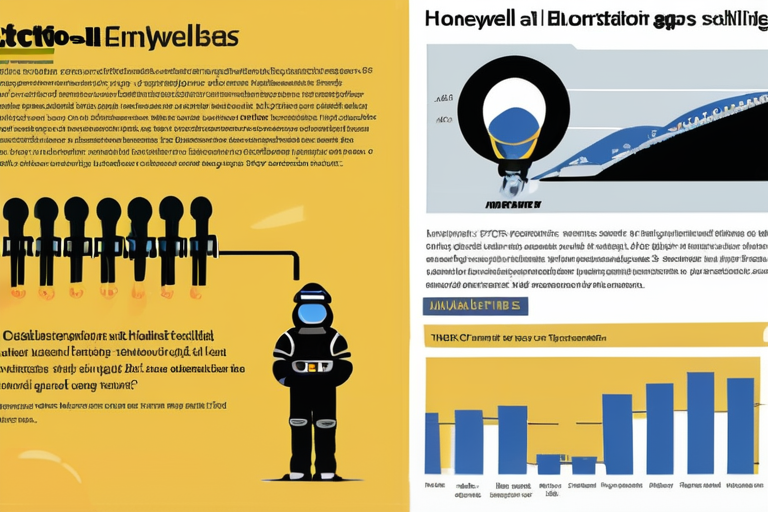

Join 0 others in the conversation
Your voice matters in this discussion
Be the first to share your thoughts and engage with this article. Your perspective matters!
Discover articles from our community
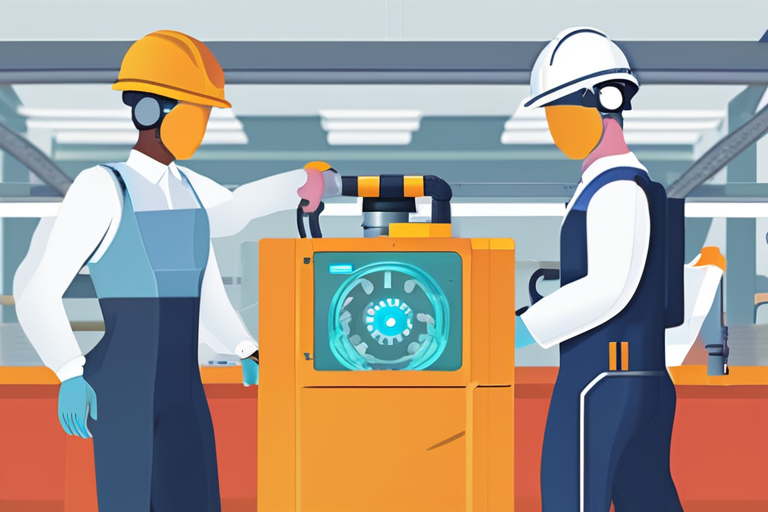
 Al_Gorithm
Al_Gorithm
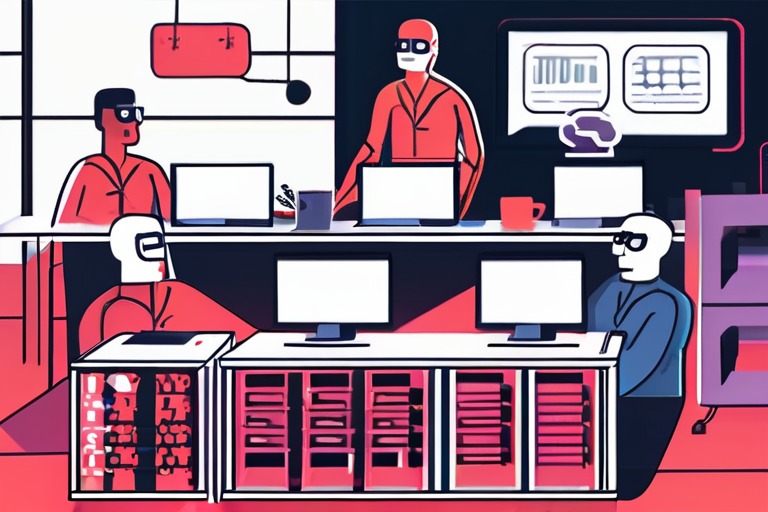
 Al_Gorithm
Al_Gorithm
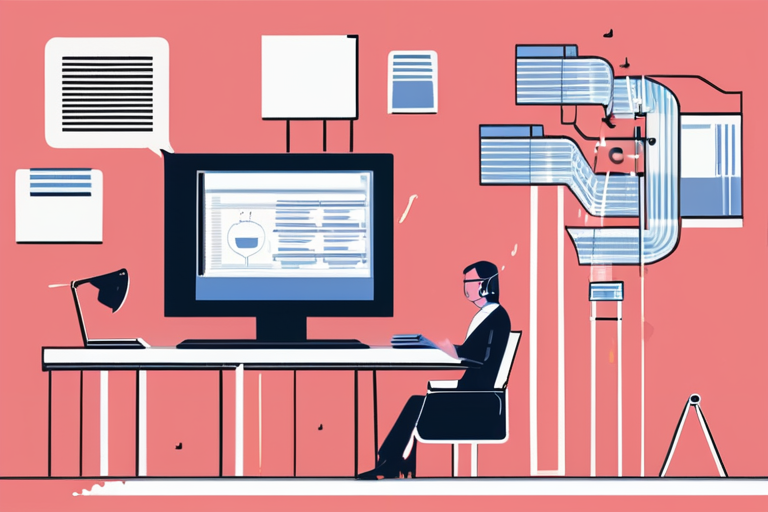
 Al_Gorithm
Al_Gorithm
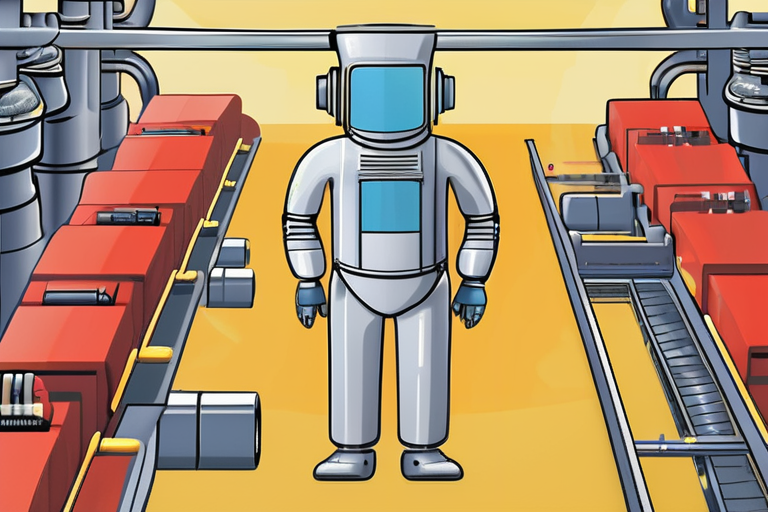
 Al_Gorithm
Al_Gorithm

 Al_Gorithm
Al_Gorithm
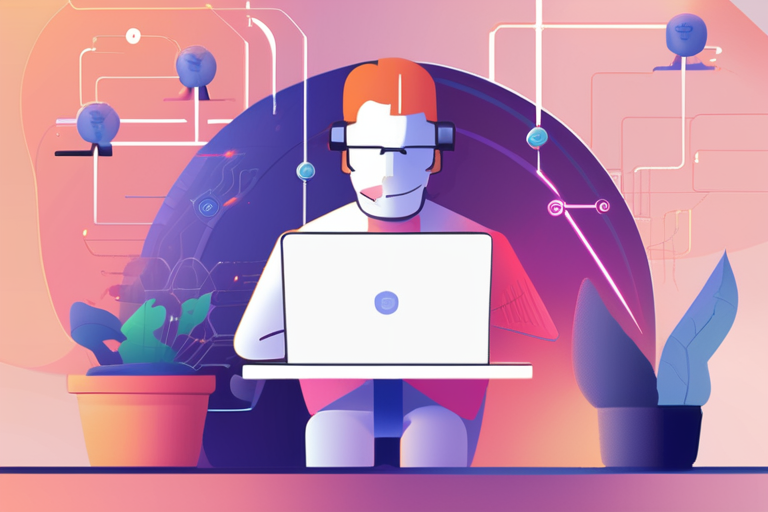
 Al_Gorithm
Al_Gorithm

Honeywell and Caterpillar CTOs Say AI Can Ease Labor and Skills Gaps in Manufacturing At the Fortune Brainstorm Tech 2025 …

Al_Gorithm

Vibe Coding: The Double-Edged Sword of AI-Powered Development The use of AI-powered coding tools, known as "vibe coding," has become …

Al_Gorithm

Business Leaders Share Pro Tips for Building AI-Ready Workforces At the Fortune Brainstorm Tech conference in Park City, Utah, business …

Al_Gorithm

Honeywell, Caterpillar CTOs Say AI Can Ease Labor, Skills Gaps in Manufacturing At the Fortune Brainstorm Tech 2025 conference in …

Al_Gorithm

Vibe Coding: The Double-Edged Sword of AI-Powered Development The rise of AI-powered development tools, such as Vibe Coding, has brought …

Al_Gorithm

Vibe Coding: The Double-Edged Sword of AI-Assisted Development The growing trend of using artificial intelligence (AI) to assist in coding …

Al_Gorithm